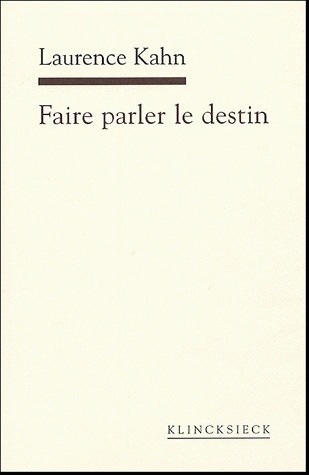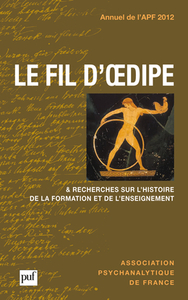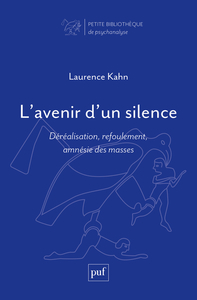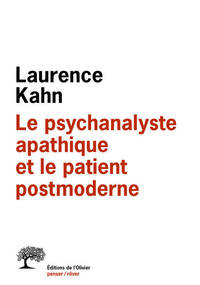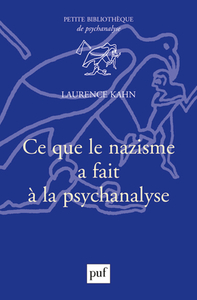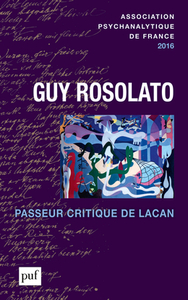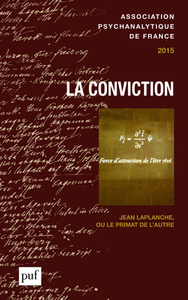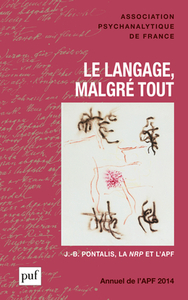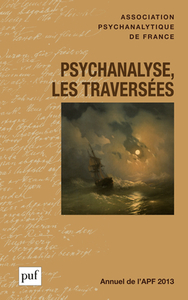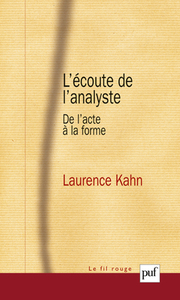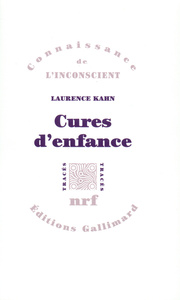Nous utilisons des cookies pour améliorer votre expérience. Pour nous conformer à la nouvelle directive sur la vie privée, nous devons demander votre consentement à l’utilisation de ces cookies. En savoir plus.
FAIRE PARLER LE DESTIN
EAN : 9782252035177
Paru le : 8 mars 2005
-
 Livraison gratuite
Livraison gratuite
en France sans minimum
de commande -
 Manquants maintenus
Manquants maintenus
en commande
automatiquement -
 Un interlocuteur
Un interlocuteur
unique pour toutes
vos commandes -
 Toutes les licences
Toutes les licences
numériques du marché
au tarif éditeur -
 Assistance téléphonique
Assistance téléphonique
personalisée sur le
numérique -
 Service client
Service client
Du Lundi au vendredi
de 9h à 18h
- EAN13 : 9782252035177
- Editeur : Klincksieck
- Date Parution : 8 mars 2005
- Disponibilite : Disponible
- Barème de remise : NS
- Nombre de pages : 248
- Format : 0.00 x 15.00 x 23.00 cm
- Poids : 701gr
- Interdit de retour : Retour interdit
-
Résumé :
Somewhere between the publication of Freud's The Interpretation of Dreams (1899) and Moses and Monotheism (1939), the world turned upside down. In the wake of the cultural ruin bequeathed by the « Great War », to what form of destiny were we to entrust the task of emancipating humanity ? As we confront our bankrupt ideals, how can we grasp the psychic forces that have been enslaving humankind ? Does the idea of a « tragic flaw » — in the sense Freud had borrowed from the Greeks — still allow us to fathom the murderous desire of the unconscious, its repression and the civilizing sense of guilt ?
After 1920, Freud substantially revised his theoretical apparatus in order to identify the roots of psychic savagery, introducing the « death wish » to explain the human aspiration for destruction. He refused to abandon the demands of reason, even when « making destiny speak » meant naming the powers which dominate the human race and hold it captive.
From the unknowable of the Romantics to the myth of original murder, and from the controversy with the detractors of the unconscious to his thoughts on the scientific basis of psychoanalysis, Freud never stopped subjecting the « favourite prejudices » of the Age of Enlightenment to critical analysis, following the trail of disillusionment that is our direct legacy.
Freud — the successor of Kant and of Goethe — engaged in an ongoing dialogue with Thomas Mann, who shared his terrible lucidity in dealing with the approaching disaster.
How can we measure today the effect that this disaster had on the development of psychoanalysis ? Is « crisis » the only accurate term to use when the collapse of the « tragic scene » shook the very architecture of thought that allowed us to conceive of the symbolisation of destinies ? In what « language » can destiny still express itself ?Laurence Kahn, who was a historian and Hellenist before becoming a psychoanalyst, is a full member of the Association Psychanalytique de France.
- Biographie : Laurence Kahn est membre de l’Association psychanalytique de France (APF) qu’elle a présidée de 2008 à 2010. Elle est l’auteur de plusieurs ouvrages parmi lesquels Cures d’enfance (2004), Faire parler le destin (2005), L’écoute de l’analyste (2012), Le psychanalyste apathique et le patient postmoderne (2014) et, plus récemment, Ce que le nazisme a fait à la psychanalyse (2018).

